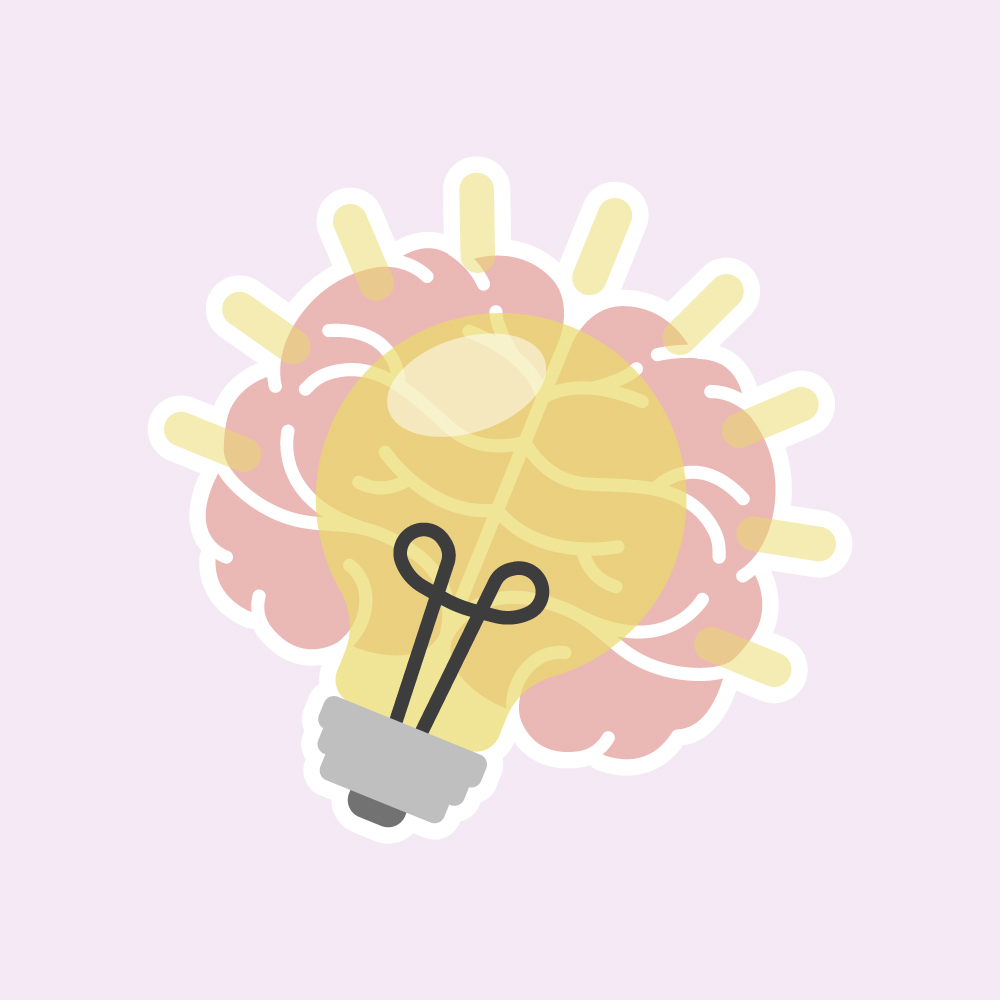In the age of hyperproductivity and instant gratification, idleness is hard to come by, and boredom has become the subject of societal disdain. If you have time to be bored, you’re clearly doing something wrong, the thinking goes. After all, even our study breaks are filled with mindless scrolling— chasing that irresistible dopamine rush from every fifteen-second video we watch. Considering many of our reactions to the short-lived 12-hour TikTok ban back in January, it’s clear that we’ve developed a codependent relationship with the hustle of our everyday lives. The very idea of doing nothing feels uncomfortable and even wasteful. And yet, despite our efforts to eliminate boredom, we seem more exhausted than ever, leaving us wondering: when was the last time we took a moment to simply just exist?
This has become increasingly difficult when we’ve all become victims of a productivity culture that erases our ability to just exist. If college admissions, 5am study vlogs, and Kay Chung’s all-nighters have taught us one thing, it’s this: Idleness is a moral failing. There is always an assignment to do, a chapter to read, a podcast to listen to. Our weekdays are packed from morning to night with extracurricular after extracurricular, and every free weekend is reserved for catching up on SAT practice or summer program applications. After all, if you aren’t starting a side hustle, training for a marathon, or finding the cure for cancer in your “downtime,” what are you doing? Eventually, maybe by Sunday evening, we collapse from hyperproductivity and spiral into hours of doom-scrolling, waiting for Monday to roll around and reset the cycle.
Essentially, we’re preparing ourselves for a lifetime of endless to-do lists, where rest is more of a guilty pleasure than a necessity. While we can chant “I’ll sleep when I’m dead” all we want, burnout could reach us much faster than death will. Slack’s Workforce Index reported that employees who feel obligated to work after-hours see a 20% drop in productivity and are twice as susceptible to burnout—a future that seems imminent with the way many of us are working now. Not only are we more prone to burnout, but hyperproductivity is also linked to heightened anxiety and stress, only worsening the load many of us bear.
Thus, the importance of having just a couple minutes to pause a day cannot be emphasized enough. Not only is the act of doing nothing extremely beneficial to our mental health, but it also comes with a myriad of advantages, a crucial one being that boredom is a catalyst for action. Boredom is a time when nothing comes between you and your mind—no studying, no extracurriculars, no Tiktok. And when the fog of all that goes on in life begins to clear, that is when our brain taps into its problem-solving and creativity skills.
But the truth is, it’s hard. It’s hard to pause and catch your breath when it seems like everyone around you is sprinting ahead. It’s hard to take a moment for yourself when rest feels indulgent and even lazy. Boredom is a privilege as a high school student in the Bay Area. Admittedly, with the way half of us are downing cans of Celsius like it’s water just to get through the day, finding a moment for ourselves can feel impossible. However, this is a feedback loop waiting to combust. When we sacrifice every part of ourselves to something else without pausing to reflect and catch our breath, we leave behind nothing but the shell of the people we once were. By the end of four long years on the grind, many of us might realize we’ve been so busy chasing achievements that we never stopped to truly get to know ourselves. This is why learning how to rest is so critical—not just to improve our productivity long-term, but, perhaps more importantly, to build our own identities and become our own people.

